Co-design, Design Thinking, and Systems Thinking through a Te Ao Māori lens
Healthy Families Hutt Valley focuses on holistic health as a priority, Māori being visible driving change, supporting a Māori capable council and strenghtening relationships and trust with hapori Māori.
We recently hosted Hutt City Council’s Te Tira Māori team and Connected Communities teams at Te Tatau o te Pō Marae for a wānanga around co-design, design thinking and systems thinking workshop through a Te Ao Māori lens, and were taken through Te Ara Whakawhiti me te Mahi Tahi – a framework that weaves principles and values from both Western and Māori cultures to guide co-design processes that honours diversity, respects cultural differences and promotes collective wellbeing.
As noted by our wānanga facilitator Mid Thomas Savelio, “Te Ara Whakawhiti me te Mahi Tahi honours the richness and diversity of both Māori and Tangata Tiriti cultures in Aotearoa and ensures that co-design processes are equitable, culturally responsive, and focused on long-term wellbeing and prosperity.”
Working collaboratively helps weave Healthy Families’ practices into council spaces, but it’s also one step closer to achieving a core outcome in Hutt City Council’s Rautaki Māori (Māori Strategy), Te Herenga Kairangi; Māori are healthy, culturally accepted, sheltered and economically secure.
“I felt privileged to share space with everyone at the wānanga, especially in the realm we were exploring. I was familiar with co-design, but this felt more than that, and I attribute that to our facilitator Mid. Systems and Design thinking are definitely tools that I foresee using across a lot of my mahi and I know that I will be able to fix and understand complex processes with the right access to people and resources” says a Te Tira Māori participant.
We were also able to raise and discuss challenges our communities face today, and create solutions that models relationship-building, cultural understanding and shared decision-making, grounded in the principles of Te Tiriti ō Waitangi (The Treaty of Waitangi).
“Because of the different areas we work in and the diverse communities we’re across, there were a mix of internal and external challenges that were discussed amongst the groups which allowed us to not only produce some potential solutions, but also have a Te Ao Māori view on every kaupapa” says a participant.
Participants from the wānanga are looking forward to meeting up again and putting some of that rich kōrero into fruition within our teams across Connected Communities.
A huge mihi to Mid Thomas-Savelio and BeSuite for facilitating our wānanga and giving us the spark to keep thinking of fresh ways to grow cross-team collaboration, apply systems thinking approaches to tackle real-world problems and ensure Te Ao Māori practices continue to guide team cohesion and creativity within Connected Communities.
Local Government is in a unique position to influence health and wellbeing of whole populations and we recognise that we can create stronger, more inclusive, and sustainable solutions for the benefit of all. Through changing our environments to support improved mental wellbeing and resilience, nutrition, increased physical activity, more people being smokefree and reducing the harm from alcohol, we’ll give our communities the opportunity to thrive.



